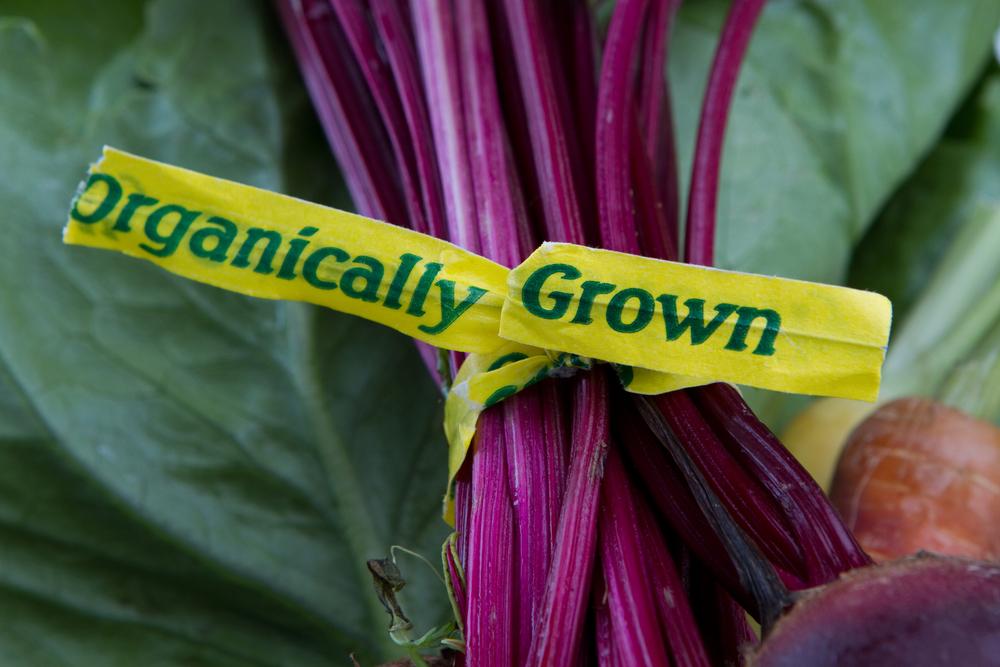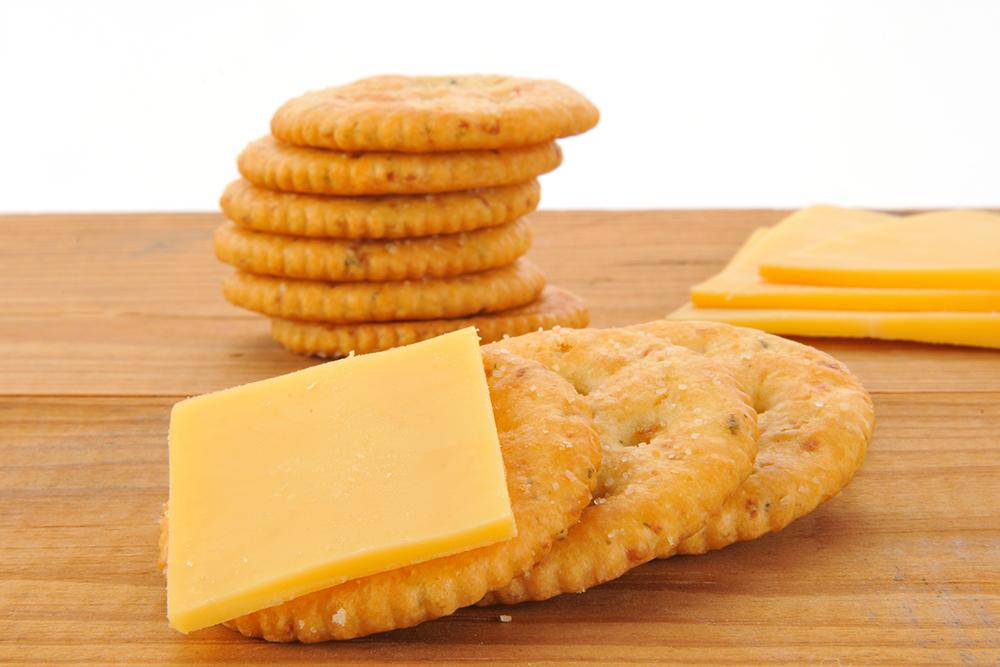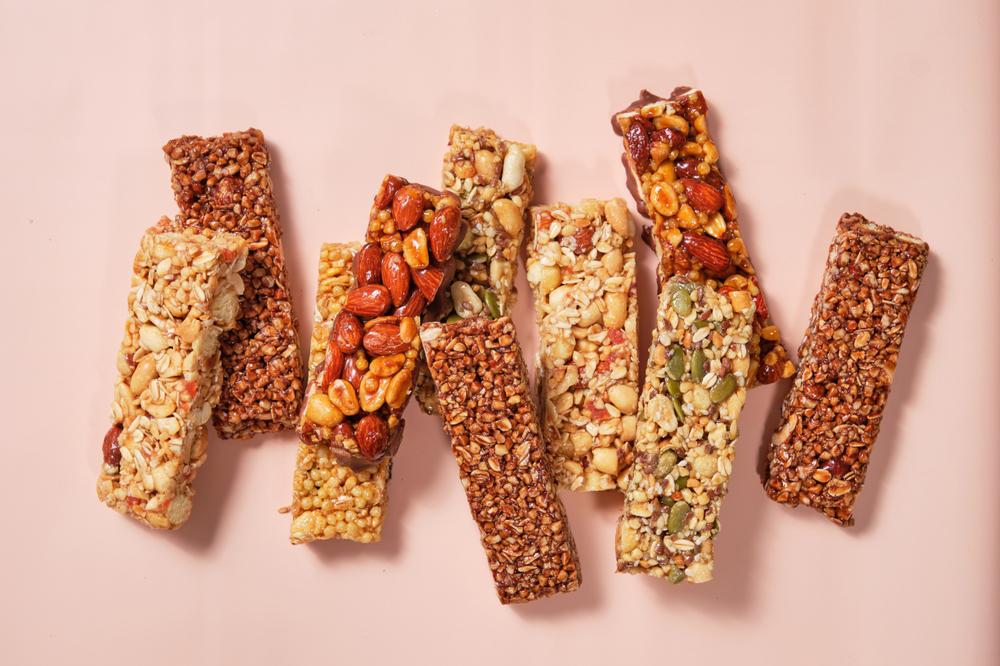
When grocery prices seem like they are always on the rise, many caregivers are understandably stressed out when it comes to shopping for their athlete. And there’s plenty of messaging out there that suggests you should spend top dollar on your athlete’s food in order to be a ‘good’ caregiver.
According to TrueSport Expert Stephanie Miezin, MS, RD, CSSD, the Director of Nutrition for the NWSL team, KC Current, there are both times when you should—and times when you shouldn’t—worry about buying the more expensive option.
To start, it’s important to understand that ‘food elitism’ is responsible for a lot of our assumptions about the food we eat. But Miezin stresses that it’s a dangerous misconception to think that foods that are more expensive and purchased from a natural grocer are automatically “better” or “healthier.”
“Food elitism is when we think one food is inherently better than another one because of some qualities or characteristics, or more accurately, perceived qualities or characteristics,” says Miezin. “In many cases, even the fact that a food is on the shelf at a natural grocer automatically makes us believe that it’s ‘healthier’ than what’s on the shelf at the regular grocery store. There is often a social aspect to food elitism, such as shaming others for not choosing ‘healthy foods.'”
The stigma of choosing the ‘less healthy’ options can be extremely detrimental to families who are struggling with their food budget. Families in this situation might overspend to keep up with community expectations or feel they are not best providing for a young athlete if they don’t. Even for families who can afford more expensive groceries, there can be long term negative effects on the relationship with food when someone is bought into food elitism.
Food elitism has been growing for decades. “The health food movement began around 80 years ago, and has snowballed to where we are at today,” says Miezin. “In the late 20th century there began to be a push back against things like canned foods, TV dinners, and fast-food restaurants that were becoming more popular. Part of that movement was driven by good intention in eating a nutrient-dense diet. But, some of the drivers of that movement have shifted and it now has turned into a divisive cultural issue.”
Social media has furthered the fury around food elitism. But the idea that pricier options are automatically far superior to the cheaper alternatives, especially when looking at things like fresh or frozen produce or even processed foods, is simply incorrect. More often than not, it’s the brand marketing their product as ‘healthier,’ despite minimal or no data to back that claim up.
 For example, opting for organic fruits and vegetables rather than the less expensive alternatives is fine—but if you can’t afford to or don’t have access to organic produce, your athlete isn’t any less healthy.
For example, opting for organic fruits and vegetables rather than the less expensive alternatives is fine—but if you can’t afford to or don’t have access to organic produce, your athlete isn’t any less healthy.
“We have a lot of research looking at organic food, and the vast majority of that research shows that organic foods are not inherently more nutrient-dense, even though everyone refers to them as being ‘healthier,'” Miezin says. “And I hear a lot of people saying that if a food is organic, it won’t contain pesticides. But technically, organic foods can contain pesticides, just not synthetic pesticides. If we look at publicly available data from the government, we can see that almost all produce available to consumers has no or extremely low pesticide residue, organic or not.”
She adds that most athletes are simply not eating enough fresh produce in general, and focusing on increasing the quantity is much more important than worrying about whether it’s conventionally or organically grown.
Similarly, looking for options that are gluten-free has become common, but that often comes with a higher price tag. Miezin points out that if your athlete doesn’t have any dietary restrictions or intolerances around gluten, it simply doesn’t make sense to spend more on gluten-free versions of breads, pastas, or cereals. Yet the gluten-free label has become synonymous with ‘healthier’ for many people.
Miezin also notes that labels like ‘healthy and ‘clean’ are just marketing words, not actual descriptors of a food. “The term ‘healthy food’ doesn’t actually mean anything,” she says. She recommends that when you’re in the grocery store, you focus on the nutrition facts and ingredients on the back to see what’s really in the foods you’re buying. You may be surprised to see that many of the ‘healthy’ versions of foods contain almost the exact same ingredients as the less expensive versions!
Finally, Miezin reminds caregivers that nutrition is incredibly complex. “Food choices are just part of the puzzle,” she says. “Nutrition is far more complicated than one food choice.” For athletes in particular, there are many factors to be weighed when deciding what food is best for any given moment. For a pre-workout snack, a slice of white toast with a little peanut butter and jelly on top is great, while a kale salad could actually be detrimental. The toast provides easily digestible carbs for quick performance fuel. A salad is low in carb energy and the fiber in kale could cause an upset stomach before training. Later in the day, that kale salad would be great as part of a meal with protein and a starch like rice or pasta.
“Those less nutrient dense foods do not negate the nutrient density and benefit of everything else in the shopping cart,” says Miezin. “You need to take an overall view of your cart, not just look at each individual food as its own entity.”
This concept also spills into trendy products for athletes. Caregivers often feel the need to spend more on sports drinks, gels, bars, and other powders and supplements, assuming that the pricier an option is, the better the athlete will be able to perform. Again, Miezin believes it’s entirely possible for an athlete to fuel well on a tight budget. “From my experience working with professional athletes, D1 collegiate athletes, and Olympic athletes, the snacks and foods that keep those athletes at the top of their game are many of the same ones you would get at a normal grocery store. Fruit snacks, cereal, and granola bars work for even the most elite athletes!”
_________________________
Takeaway
Your athlete can eat well on a budget, so don’t be taken in by marketing claims that suggest otherwise. While you may hear that options like organic produce are ‘healthier,’ your athlete can still get the nutrients they need without breaking the bank. Focus on helping them optimize meals using the athlete’s performance plate, as well as eating more fruits and vegetables, regardless of whether they’re organic.



